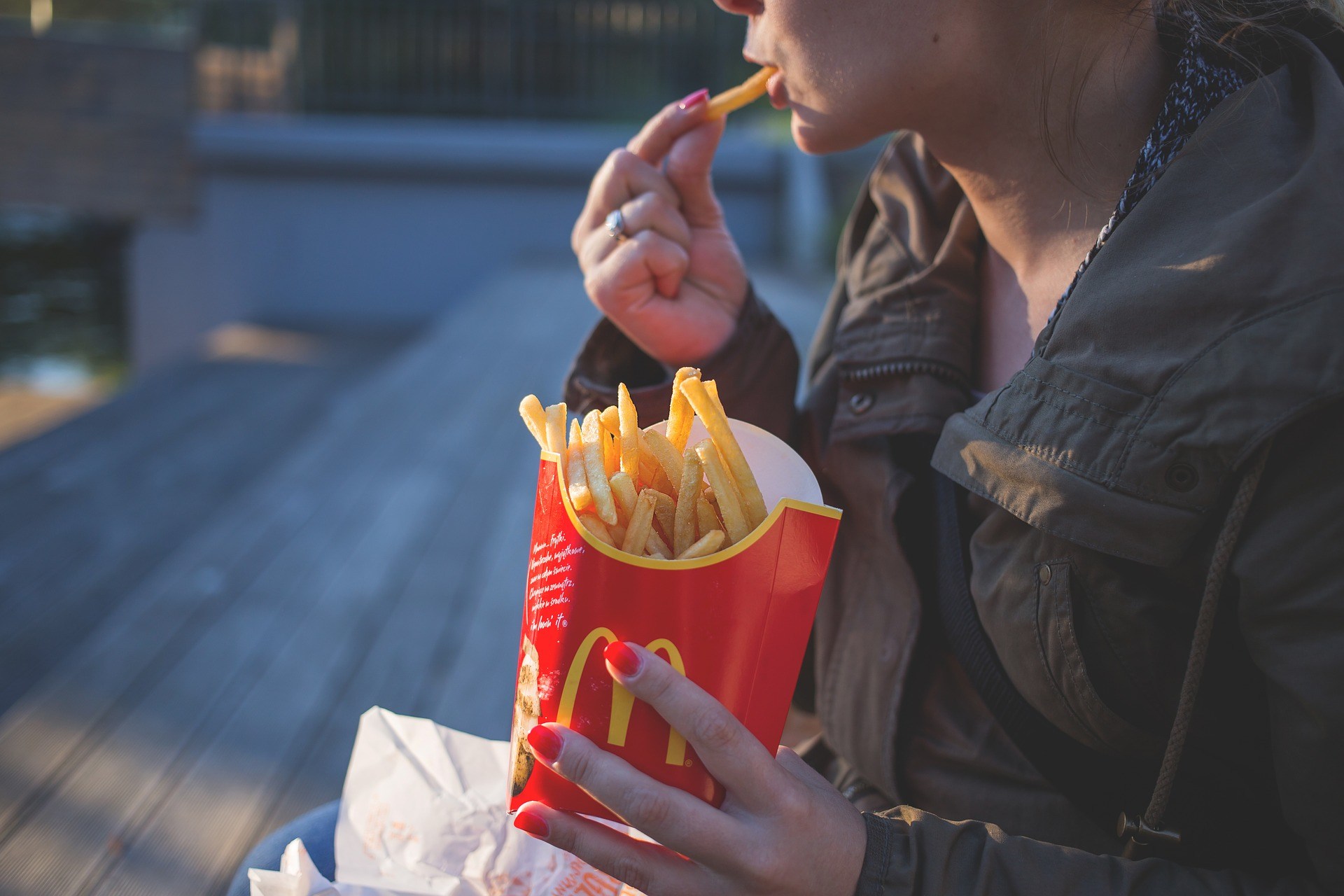You are here
Home 🌿 Medical Cannabis News 🌿 Despite Documented Munchies, Cannabis Users Are Thinner Than Non-Users 🌿Despite Documented Munchies, Cannabis Users Are Thinner Than Non-Users

If you enjoy smoking cannabis, you’re likely aware of the munchies – which is the powerful urge to eat after a smoke sesh. However, what may come as a shock to many is that even smokers who get the munchies regularly are thinner than their counterparts who don’t use cannabis.
The link between cannabis and weight/appetite is not a recent development by any means, with research dating back to 1988 coming from John Hopkins University. The late 80s study found that subjects who smoke cannabis regularly also ate an average of 40% more calories than the non-smoking control group.
These results were echoed in a recent survey that found a whopping 28% of people believe that eating is the most enjoyable activity after smoking bud – this is nearly double the amount of people who cited “having sex”
And this gluttony isn’t random, there’s a scientific reason behind this phenomenon. As it turns out, Tetrahydrocannabinol (THC), stimulates the release of a hormone called ghrelin, which is typically released when the stomach is empty to signal the body to feel hunger and find food. Also, according to a study conducted by a neuroscientist in Bordeaux, THC may also enhance the olfactory system, which controls smell and may be another trigger for eating.
It’s also been officially noted that cannabis doesn’t enhance general food cravings, but it specifically makes people go for high-calorie foods like ice cream, cookies, and chips.
What’s most interesting about all this though, is the fact that the excess snacking doesn’t lead to weight gain. Researchers at Michigan State University came to this conclusion after looking at data on 33,000 subjects collected over a three-year period by the National Epidemiologic Survey of Alcohol and Related Conditions.
“We found that users, even those who just started, were more likely to be at a normal, healthier weight and stay at that weight,” said lead study author Omayma Alshaarawy. “Only 15 per cent of persistent users were considered obese compared to 20 per cent of non-users.”
The reason for this is not yet known, and before we get ahead of ourselves, it’s not the time to jump on the “cannabis as a diet” fad just yet. But considering the quickly rising rates of obesity in the United States and other parts of the world, it’s worth investigating how exactly cannabis correlates with weight and how we can use this to our advantage.
420 Intel is Your Source for Marijuana News
420 Intel Canada is your leading news source for the Canadian cannabis industry. Get the latest updates on Canadian cannabis stocks and developments on how Canada continues to be a major player in the worldwide recreational and medical cannabis industry.
420 Intel Canada is the Canadian Industry news outlet that will keep you updated on how these Canadian developments in recreational and medical marijuana will impact the country and the world. Our commitment is to bring you the most important cannabis news stories from across Canada every day of the week.
Marijuana industry news is a constant endeavor with new developments each day. For marijuana news across the True North, 420 Intel Canada promises to bring you quality, Canadian, cannabis industry news.
You can get 420 Intel news delivered directly to your inbox by signing up for our daily marijuana news, ensuring you’re always kept up to date on the ever-changing cannabis industry. To stay even better informed about marijuana legalization news follow us on Twitter, Facebook and LinkedIn.




